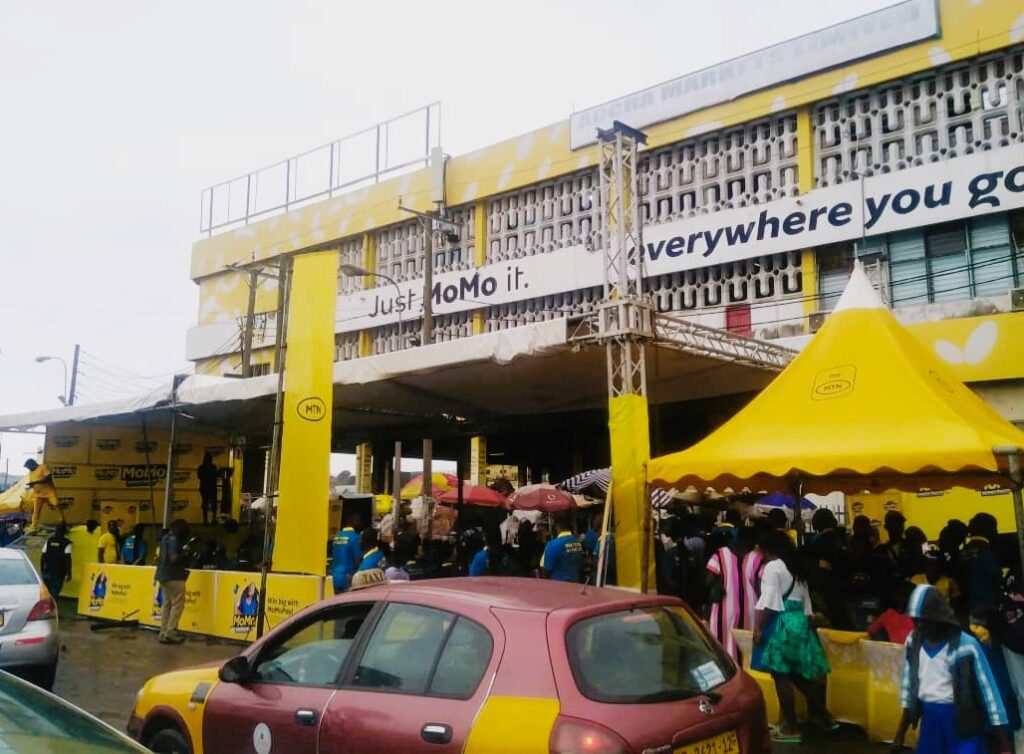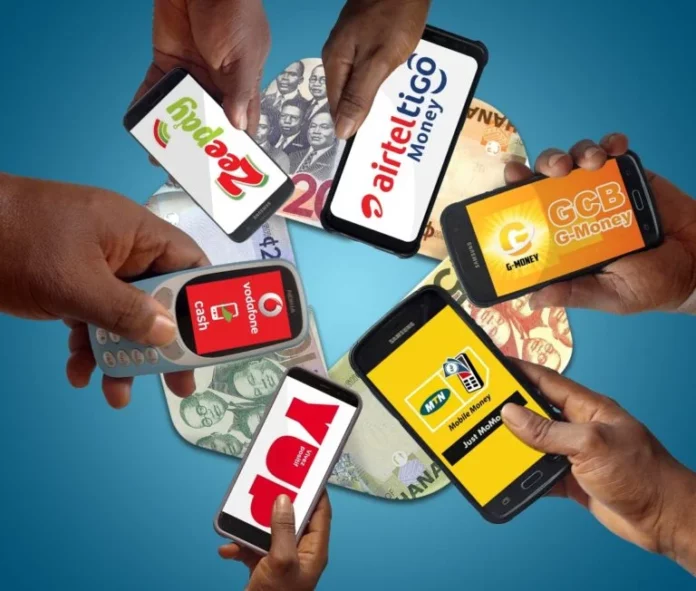A little over a decade ago, purchasing a car in Ghana was a process dominated by cash transactions, long queues at banks, and limited financing options. The system worked, but it wasn’t built for speed, transparency, or financial inclusion. Fast forward to today, the widespread adoption of mobile money is rewriting the rules of car ownership in ways that are more accessible, efficient, and inclusive.
According to a KPMG survey in January 2024, 66% of Ghanaians use mobile money services weekly. That figure is likely to have increased as various governments continually introduce policies to improve financial inclusion. It’s no surprise that this technology is reshaping the way people pay for cars.
A Mobile Money Revolution
The mobile money revolution started in Ghana with services like MTN Mobile Money, Telecel Cash, and AirtelTigo Money, offering basic money transfers. The service began on a lower scale but has grown into a widely accepted transaction option for most Ghanaians.
Now, mobile money is easily used to facilitate major payments such as car payments, either as full payments, part-payments, or deposit options. Dealerships have integrated MoMo (mobile money) payment channels into their operations, enabling customers to pay instantly.
According to a 2023 report by the Ghana Chamber of Telecommunications, over 85% of auto dealerships in Accra now accept mobile money as a form of payment. This level of adoption is not only making car transactions more convenient but also reducing the risks and logistics associated with carrying large sums of physical cash.
Fintech Startups Bring Flexible Payment Plans
Fintech doesn’t just stop at mobile money. In Ghana, bank transactions have also become digital and very smooth compared to a few years ago. Ride-hailing services like Uber and Bolt accept digital transactions. Once in a while, you may encounter a driver who would make things a little complicated by not accepting digital payments, but the terrain is still evolving, and change comes with its own challenges. More digital platforms are also emerging to make digital transactions in car payments and other areas seamless and easy, with barely any inconvenience at all.
Platforms like Bloom Impact and Fido Credit allow prospective car buyers to apply for small loans or installment plans directly from their mobile phones. Some of these platforms use machine learning and smartphone data or Ghana Card information to assess creditworthiness, making car financing accessible to people without formal banking history or traditional collateral.
This fintech model is especially powerful in Ghana’s informal economy, where many earn steady income but lack the documentation required by traditional banks.

The Rise of Ride-Hailing and Asset Financing
As stated earlier, another major shift is happening in the ride-hailing and commercial transport sectors. Companies like Moove and Autochek have entered Ghana’s market with asset financing plans tailored to ride-hailing drivers. These platforms offer vehicle loans with repayment structures integrated into drivers’ daily earnings. Mobile money again plays a central role, as repayments are typically deducted automatically from the driver’s MoMo account.
Moove, for instance, has pioneered a revenue-based financing model in Ghana, where drivers pay off vehicle loans based on their income, providing flexibility during low-income periods. This model is especially attractive to younger Ghanaians entering the gig economy.
Secure Transactions, Digital Records, and Trust
One of the less obvious but equally impactful changes brought by fintech is the digital traceability of transactions. Mobile money payments leave a digital footprint, making it easier to verify payments, generate receipts, and build trust between buyers and sellers. This is particularly valuable in Ghana’s used car market, where disputes over payments and documentation have historically been common.
Dealerships and private sellers now frequently use mobile money not just for convenience, but also for its record-keeping benefits. Even roadside sellers are catching on, offering MoMo discounts to encourage instant, verified payments.

Challenges Remain
While fintech is reshaping the car payment and ride-hailing landscape, challenges still persist. Digital literacy is unfortunately still an issue, with many boomers refusing to adapt to modern trends, preferring to stick to their traditional methods of making payments. Mobile money fraud has also increased with the use of the service, and many Ghanaians have experienced this in one way or the other. Poor network connectivity and limited customer support can also disrupt transactions. Generally, some buyers and sellers still prefer cash due to cultural norms or distrust of digital platforms.
What May Be Next for Ghana?
As the country continues to push toward a digital economy, the role of fintech in day-to-day activities will continue to grow, and areas such as car payments will not be an exception. As digital IDs like the Ghana Card become further integrated into fintech platforms, identity verification and credit access will become even smoother, creating a truly end-to-end digital experience for car buyers and minimizing mobile money fraud, which has become a problem in the digital transaction space.
Ghana’s automotive industry is riding a new wave of digital innovation, and fintech is firmly behind the wheel. From the ability to send a car deposit in seconds via MoMo, to accessing a ride-hailing vehicle with no upfront capital, Ghanaians are enjoying a level of flexibility and access that was unthinkable just a few years ago.
What has been your mobile money experience in car-purchasing or ride-hailing?




